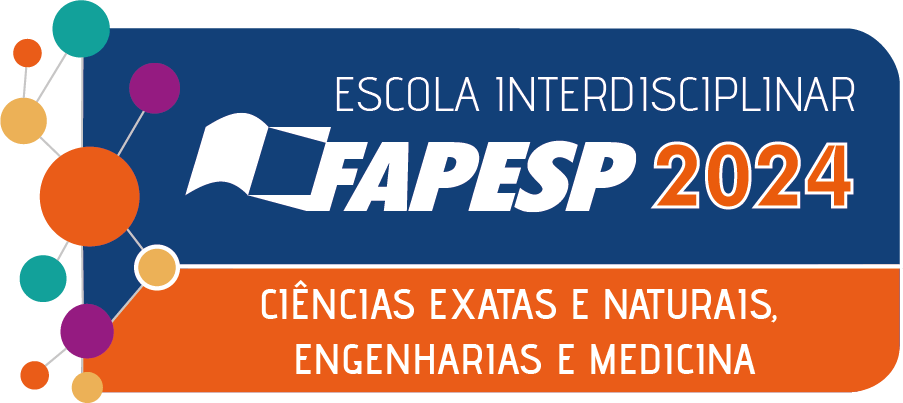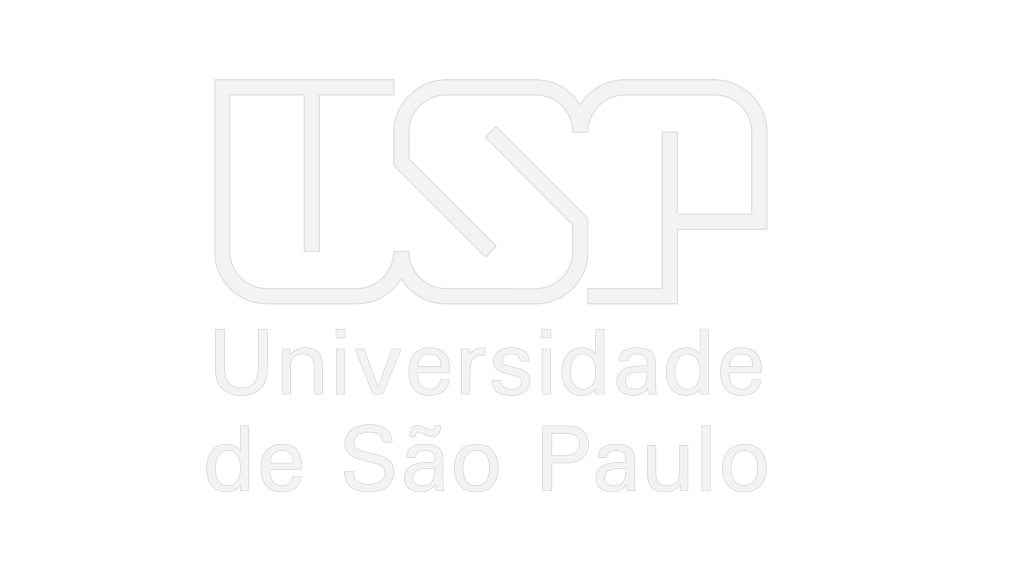Manuel Heitor

Manuel Heitor
Professor at Instituto Superior Técnico (IST) the engineering school at the University of Lisbon.
Lecture
What Human Pyramid?
Knowledge for People, the Planet, Peace and Prosperity: Portugal and Europe in the international context and the challenges for a transformative agenda for science and innovation
More than 60 years after the “Human Pyramid” by French ethnographic filmmaker Jean Rouch, the contemporary analysis of Joseph Henrich, or the studies of racial justice and critical thinking by Jamie Berthe, among many other authors, suggest that social and political experimentation, as well as artistic experimentation, increasingly invites us to experiment with new participatory movements of collaborative innovation of a transdisciplinary nature. It also requires learning to face the challenges of systematically expanding the social base of support for knowledge, as well as the necessary reinforcement that the growing specialization of the top of scientific knowledge demands.
But it also requires complementing these processes, orthogonal to each other, with the reinforcement of interface activities and institutions, densifying and diversifying the institutional environment that stimulates the social construction of knowledge. It also requires ensuring open and free participation by all in the development process itself and not just watching any imposed form of development.
In other words, it requires understanding, stimulating and ensuring the continuous and systematic transformation of the human pyramid.
The analysis includes a discussion of the process that led to overcoming the chronic delay in scientific capacity in Portugal in the first decade of the 21st century, after global spending on R&D finally exceeded 1% of GDP. It then addresses the process that made it possible to achieve the European population qualification targets in the second decade of this century, namely in the period 2019-2020, after we managed to have more than half of 20-year-olds studying in higher education. These processes are discussed in association with the collective effort to reduce public debt, together with increased investment in R&D and the increase in the number of researchers in the public and private sectors, which significantly exceeded the European average and reached one of the highest concentrations in Europe.
Minibio:
Manuel Heitor is a professor at Instituto Superior Técnico (IST) the engineering school at the University of Lisbon. He served as Minister for Science, Technology and Higher Education for the Government of Portugal in 2015-2022 and as Secretary of State from 2005 to 2011.
Manuel Heitor served as the deputy-president of IST from 1993-1998. Since 1995, he has been a research fellow at the University of Texas at Austin’s IC2 Institute. He was a founding member of the S&T Council of the International Risk Governance Council, IRGC and of Globelics: The Global Network for the Economics of Learning, Innovation, and Competence-building Systems. He founded in 1998 the IST´s Center for Innovation, Technology and Policy Research, IN+, and coordinated the IST´s doctoral programs in “Engineering and Public Policy” and in “Engineering Design and Advanced Manufacturing”. He was a visiting scholar at Harvard University in 2011/12 and in 2023 and a visiting professor at New York University in 2022/23.
Manuel Heitor holds a Ph.D. from Imperial College London in combustion research (1985) and did post-doctoral training at the University of California, San Diego. He has published over 130 scientific articles and supervised over 40 post-grad students.

Participants
Organization and sponsorship

Collaboration



© 2024 – 2025 Escolas FAPESP. Developed by WebContent

